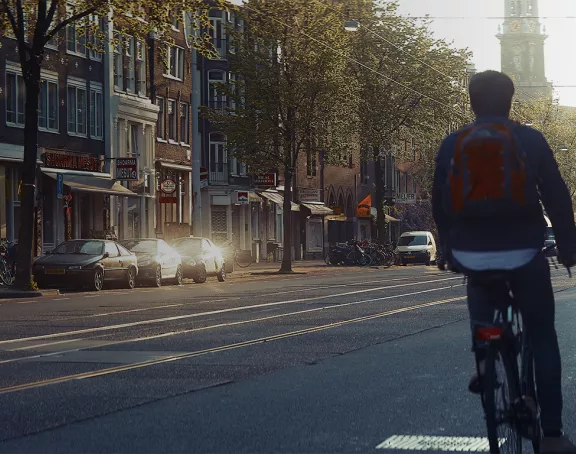Still standing: annulled Commission decision remains in force for non-appellant
Steel producer Lucchini's claim for reimbursement of a EUR 14 million fine, on the basis that the decision was annulled on appeal from other parties, was recently rejected by the General Court.
By not appealing, the decision became final for Lucchini, even if the other parties managed to obtain annulment. Companies contemplating appeals, after either a European Commission decision or a General Court judgment, should think twice before deciding not to join other addressees in their appeal efforts.
The saga has lasted more than 15 years, but it may be the end of the road for Lucchini. In 2002 the Commission adopted a cartel decision against 11 Italian steel manufacturers. Annulled once, the decision was reissued and then appealed again. Faced with rejection from the General Court, some appellants went further to the Court of Justice, but Lucchini surrendered. However an unexpected twist followed – the Court of Justice annulled the decision based on a breach of the rights of defence. Lucchini tried to profit from the result of the Court of Justice judgment by asking for the reimbursement of its fine, a request which the Commission rejected. Unfortunately for Lucchini, the General Court agreed with the Commission.
The judges restated that, to ensure legal certainty is safeguarded, if an addressee does not appeal a decision, then that decision becomes final concerning that party, irrespective of what happens for other parties. The General Court rejected the argument that the decision was 'non-existent' after annulment. Such cases are entirely exceptional and only seen if the irregularity affecting the decision is so serious that it cannot be tolerated by the legal order of the European Union. This was not applicable to Lucchini's case.
Companies fined by the Commission should take heed of the fact that, especially when the decision is appealed by other parties, choosing not to appeal entails serious consequences. Companies pursuing this avenue should not expect to draw advantages from other appeals, as the exceptional cases in which this may be possible are extremely rare.
This article was published in the Competition Law Newsletter of June 2019. Other articles in this newsletter:
- Low prices, high fines: Commission's creative purchase cartel fine upheld
- Successful challenges to merger decisions seem to be the exception
- Cheaper beer ahead? AB InBev fined for cross-border sales restrictions
- Court applies Dutch law to all air freight cartel damages claims
- Dutch court: insufficient substantiation? No follow-on cartel damages action
- Commission decision used as point of reference in cartel damages case
- Regulate tech giants and create European champions, says Dutch government

